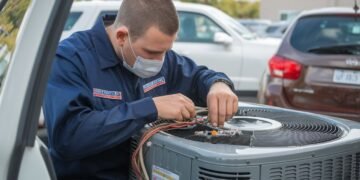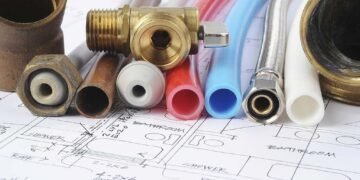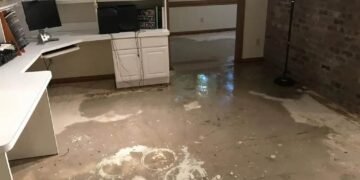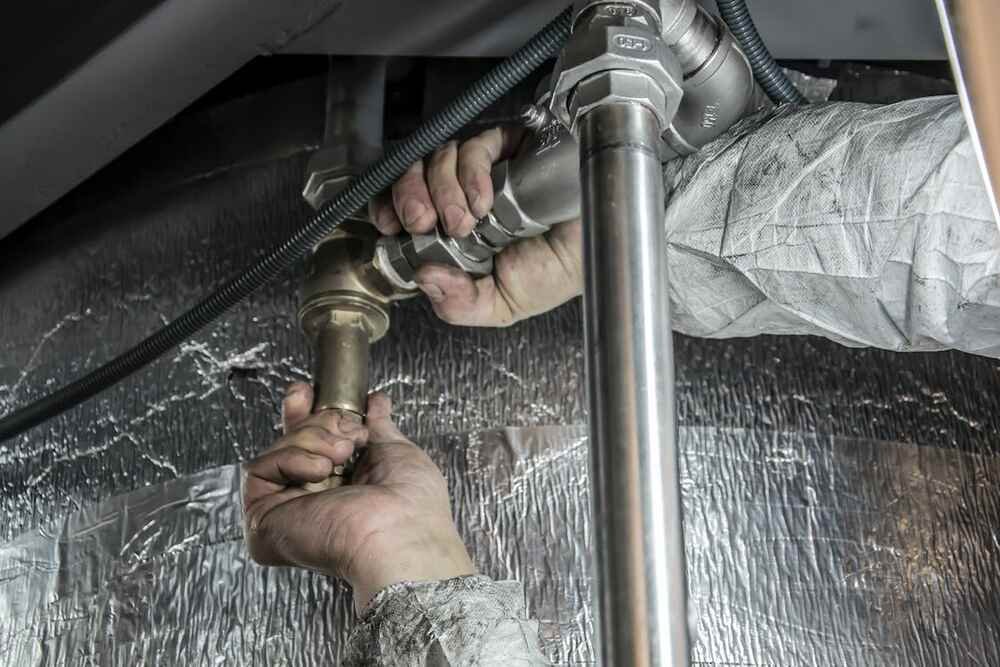We typically feel safe and protected within our homes, but dwelling within the walls are oft-unconsidered hazards that can put us and our belongings at considerable risk. Improper wiring, faulty outlets, and other electrical threats can start fires or electrocute someone. Understanding the potential hazards dwelling within our home and implementing preventive measures is crucial for protecting our family from harm. In this article, we discuss the most common electrical dangers in the household and uncover ways to minimize their impact.
If you or a loved one suffer harm due to a defective or dangerous electrical hazard on your property, a personal injury attorney in Charleston, WV may be able to help you secure compensation for your injuries.
Common Electrical Threats Found in the Home
Electrical hazards can take a number of different forms. Some of the most common issues experienced include:
- Outdated Wiring and Overloaded Circuits: Aging electrical systems, frayed wires, and overloaded circuits can channel dangerous and uncontrollable energy. Overburdened circuits generate excessive heat, which comes with an increased chance of sparks and fires. Warning signs of this type of issue include flickering lights, buzzing sounds, or warm outlets.
- Faulty Outlets and Wiring Connections: If an outlet becomes damaged, it may pose a shock hazard due to exposed wires or a loose connection. You should act immediately if you notice discolored outlets, visible sparks, or cracked plates.
- Appliance Overuse and Misuse: Most appliances are designed to be used frequently, but exceeding their limits can cause serious problems. Overused appliances can generate excess heat that begins a fire. Always follow manufacturer guidelines and err on the side of caution when it comes to a device’s recommended usage.
- Water and Electricity Don’t Mix: Spilled liquids near appliances, exposed wires in damp areas, or even using an electrical device with wet hands creates a path for current to flow. In some cases, this may result in shocks or even electrocution. Water and electrical equipment should be kept safely separated at all times.
Minimizing the Risks of Electrical Shock
Electrical hazards can be dangerous to anyone, but children are at particularly high risk due to their natural curiosity and inability to understand the threat that high voltage poses. Exposed wires, unguarded outlets, and dangling cords can invite children to grab at them. However, even adults are not immune. Whether it’s handling appliances with wet hands or using a damaged extension cord, a simple mistake can cause serious injury or even death.
Proactive measures can significantly reduce the risk of someone suffering an unexpected electric shock. Outlet covers can prevent people from putting their fingers where they shouldn’t. Cord concealers and childproof locks can keep children from playing with dangerous items. Finally, regular checks of electrical components, such as outlets and cords, can ensure that no dangerous devices become fixtures of your household.
By embracing caution, prioritizing safety, and understanding the invisible world of electrical currents, we can make our homes into a safer space that poses less of a threat to our health. It’s essential to have a healthy respect for the electrical currents running through our appliances, charging cables, and outlets. If you suspect that there is an issue, always remember to seek the assistance of a qualified electrician rather than attempting to diagnose or fix the problem yourself.
Essential Tips for Electrical Safety
To protect yourself and your loved ones from the risk of an unpleasant shock, we’ve put together a list of crucial safety tips. We suggest adhering to the following as closely as possible:
- Regular Inspections: Routine checkups by a qualified electrician are crucial for identifying and eliminating electrical hazards before they cause a serious problem. You should have your home inspected periodically to check for potentially overlooked issues.
- DIY Boundaries: You can tackle simple maintenance tasks like swapping out plugs or light bulbs, but should always leave the complex work to a trained professional. If you don’t have the experience to handle extensive home repair projects yourself, don’t risk your safety by venturing into complex electrical work.
- Knowledge is Power: Enhancing your knowledge of electrical risks in the home can help you detect potential warning signs long before they develop into a serious safety hazard. You may consider offering support for initiatives and programs that raise awareness about common electrical hazards in the home and promote safe practices for handling electrical equipment.
- Plan for the Unexpected: We never want a serious accident to occur inside our home, but it’s a good idea to be ready to tackle anything that happens. You should know how to shut off the main electrical power switch in a pinch, have a fire extinguisher at hand, and practice an emergency evacuation route with your family.
Wrapping Up
By furthering our understanding of potential electrical hazards in the home and taking steps to counter them, we make our houses a safe space for everyone in them. Although it can seem like a chore, investing in proper maintenance and calling upon skilled professionals when an issue arises can keep us safe and in good health. We hope this article helps you keep your home free from electrical threats!
Recommended Posts:














